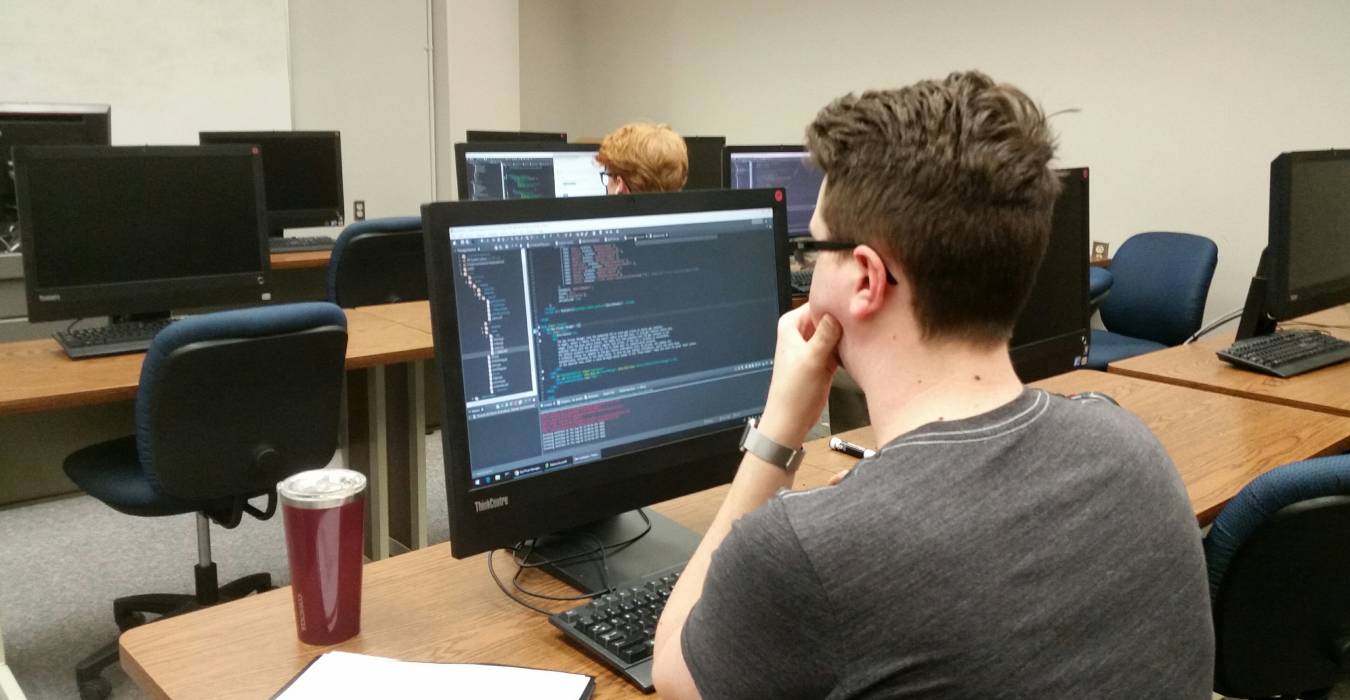You will have the opportunity to study a broad range of issues, including the formulation and implementation of foreign policy, relations between states and governments, international organisations and NGOs, international law, conflict and post-conflict peace-making and transitional justice, the role of empire or revolutions in world politics, and gender and international relations. You can also choose to focus on specific regions, such as Europe, the Middle East, Asia, and Africa or specific countries such as China, Russia and the US. The programme includes a core course, International Politics, which provides an historical and theoretical analysis of core concepts in international relations, of the normative and analytic issues involved, and of their relationship to the social sciences in general. You will also submit a 10,000 word dissertation, which allows you to explore a topic of your own choice in depth, and choose optional courses to the value of two units.




Course Structure
You take a combination of compulsory and concentration modules to a total of 120 credits. The first year introduces you to the essential concepts and methods of Business Management and other managerial terms, while the next year build on that knowledge and allow you to study core subjects in depth.
In Year 1, you take 12 compulsory 60-credit modulesIn Year 2, you take 20 concentration credits and 40 compulsory credit modules with a project work.
| CODE | COURSE TITLES | CREDITS |
|---|---|---|
| SEMESTER I | ||
| IR 101 | Conflict and Pace Making | 5 |
| IR 102 | Human Rights | 5 |
| IR 103 | International Law | 5 |
| IR 104 | Trade and Financial Regulation | 5 |
| IR 105 | Culture and Power: The Anthropology of Political Processes | 5 |
| SEMESTER II | ||
| IR 107 | Advanced Issues in International Relations | 5 |
| IR 108 | Global Environment: Key Issues | 5 |
| IR 109 | International Relations and Contemporary Conflict | 5 |
| IR 110 | The International Politics of Money | 5 |
| IR 111 | Foreign Policy Analysis | 5 |
| IR 112 | Global Environmental Politics | 5 |
| SEMESTER III | ||
| IR 201 | International Relations Theory | 5 |
| IR 202 | International Security | 5 |
| IR 203 | International Political Economy | 5 |
| IR 204 | Diplomatic Tools and Processes | 5 |
| SEMESTER IV | ||
| B1003 | Industrial Training | 10 |
| B1004 | Presentation / Seminar | 10 |
| B1005 | Project Work | 20 |
| TOTAL CREDITS | 120 | |
Mode of Delivery
The MSc Programme is taken over twelve months of full-time study. Part-time candidates normally fulfil the requirements of the degree in 24 months.
The programme will be delivered through:
- Lectures
- Seminars
- Group work
- Guided independent study.
You will complete two compulsory courses and four option courses. This is followed by work towards an independently researched dissertation.
THE STUDENT ENTRY QUALIFICATIONS
The following are requirements for admission to the programme:
- At least three years of work experience in the public and private sectors, voluntary/community-based organizations, and international and non-governmental organizations;
- A recognized relevant University Degree from a well recognized institution and evidenced by transcripts and copies certificates, etc.
- A brief curriculum vitae that provides an overview of education, work and other professional activities;
- Sufficient references (at least three) from persons in the professional and academic communities;
Assessment and verification
We assess both the theoretical and practical elements of the course. Assessment is through written assignments, a profile of evidence of teaching standards and observed teaching. All modules within this program are internally assessed by KIMT and externally verified by Azteca University. The qualifications are criterion referenced, based on the achievement of all the specified learning outcomes. To achieve a pass for a unit, learners must provide evidence to demonstrate that they have fulfilled all the learning outcomes and meet the standards specified by all assessment criteria. Judgment that the learners have successfully fulfilled the assessment criteria is made by the Assessor. The Assessor will provide an audit trail showing how the judgement of the learners’ overall achievement has been arrived at.
METHOD OF ASSESSMENT
Knowledge, understanding and intellectual skills are assessed through a combination of course assignments and presentations.
The weighting for the final overall assessment for each course taken shall be as follows:
- 90% Assignments
- 10% Presentation and viva
At the end of the program each student also submit a research project paper
Programme modality
The program is studied 100% online through the virtual learning platform with tutor support. You will receive excellent support from the academic team, including your programme manager and your supervisor who will be with you every step of the way.
Duration
The programme is design to be delivered through 2 years but can be completed earlier.
EQUALITY AND DIVERSITY
Azteca University has adopted a policy of providing equal opportunities for its learners, staff, applicants and others involved in its work. One aspect of this policy is its intention to prevent, as far as possible, the harassment of one person by another, whether on the basis of gender, sexual orientation, sexuality, race or ethnic origin, religion, disability, or any other personal attributes or views held.



